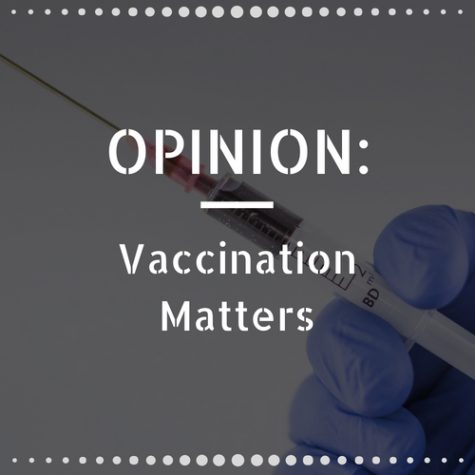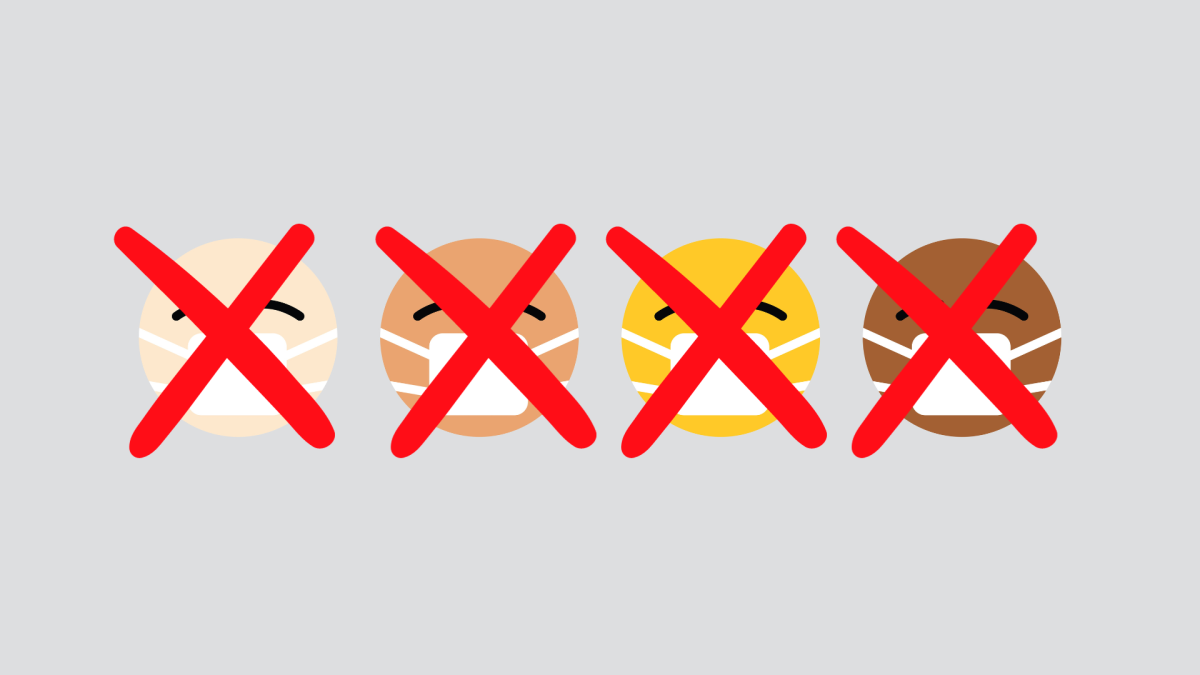
As recently as last week, there have been numerous cases of feral and domesticated cats being diagnosed with rabies. In Hillsborough County, Florida, 13 people and two domestic dogs were exposed. Similar cases have also occurred in Wales, Massachusetts and Beaufort County, North Carolina.
Rabies is not uncommon and exists everywhere in the world, except Antarctica. Humans can contract it through wounds or scratches from infected animals. It is a bit surprising that people can become infected with this disease, considering the availability of vaccines and treatments in the U.S. Though perhaps unrelated, these events do raise questions of why anti-vaccination movements exist.
It is time to understand the origins of these movements, as well as their effects on society.
Anti-vaccination movements have unfortunately existed for a long time. As a matter of fact, Feb. 20, 2018, marks the 20th anniversary of the anti-vaccination primary cause. Though debunked several times as fraudulent science, an article published in The Lancet has linked vaccination to autism by calling attention to the mercury that is allegedly present in certain vaccines. That being said, let’s note that nothing external can cause autism, as scientists have agreed that it is caused by genetic and other environmental factors.
Gastroenterologist Andrew Wakefield has since lost his medical license and the article in question was retracted in 2010, but the damage was already done. Despite the deaths caused by that erroneous paper, this man continued his campaign against vaccination through his film Vaxxed, and people are still believing him.
The anti-vaccination movement started with the mentioning of Thimerosal, which is a preservative reportedly added in vaccines to stop germs and fungi from growing. It contains ethylmercury, which doesn’t cause severe harm to the human body because it disappears quickly (unlike methylmercury). The only major problem that can occur is if someone is specifically allergic to ethylmercury. In 2001, thimerosal was removed from vaccines in the U.S.
Along with many U.S. citizens, Kat Von D— famous for her makeup brand and her tattoos— sparked controversy when she publicly revealed that she will raise her child vegan and “without vaccinations.” This practice is rather dangerous because it defeats the vital purpose of vaccination. Vaccination is important and it works because it creates herd immunity. If everyone is vaccinated, those whose bodies cannot fight certain diseases due to a weak immune system will not be endangered and the disease will have a reduced chance of spreading.
While many countries have state-sponsored vaccinations (which saves lives), the U.S. allows exemptions from vaccinations for religious and philosophical reasons. Studies have shown that nonmedical exemptions are extremely common in 12 states, such as Texas. California, however, has since stopped certain exemptions after a massive outbreak of measles in Disneyland, and other states should follow suit.
As someone pointed out on Kat Von D’s Instagram post, “not vaccinating is not a personal choice because it affects so many.” Another outspoken woman, Caroline Hirons, shared the story of her athletic and healthy son, Jim, who contracted mumps and almost passed away. Last year in Minnesota, a Somali community fell victim to the anti-vaxxer misinformation and had the worst measles outbreak in the U.S. for two decades. In developing societies, millions of unvaccinated children die of diseases that most Americans can’t even imagine to exist within their territory.
This anti-vaxxer trend is simply dangerous as well as misinformed. Others shouldn’t have to die because of one’s misunderstanding of scientific factors about diseases and immunity. If you still have doubts lingering around vaccines, research how and why they work. If after doing all this research, you still have a doubt, answer this question: would you go to another developing country without getting vaccinated?
If you care about your health, and hopefully about everyone else’s, please visit UNF Student Health Services in Bldg. 39 Rm. 2098 for more info about available vaccines.
For off-campus services, visit any quick clinic offering vaccines, or click here.
—
For more information or news tips, or if you see an error in this story or have any compliments or concerns, contact editor@unfspinnaker.com.















